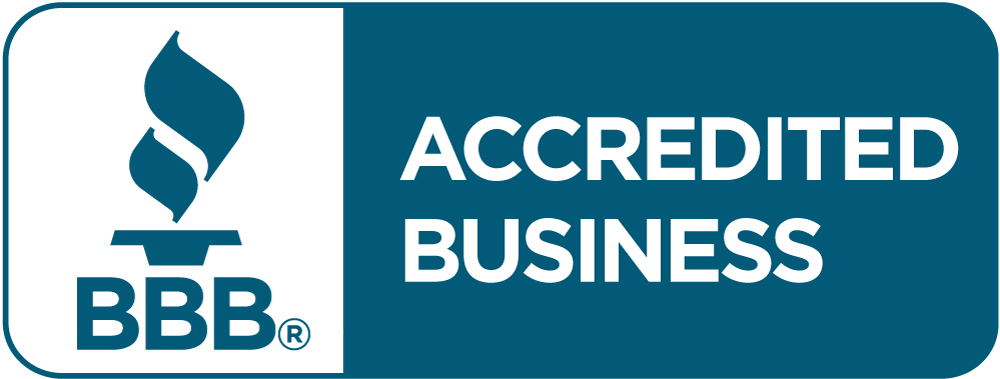Quick Links
ToggleRunning a small business is no easy feat, yet there are numerous tasks that can increase your chances of success. Perhaps the most important of all of these is spend management, as it encourages you to reduce costs, optimize value, align spending with your company’s overarching business goals, and boost your bottom line.
For many, developing a successful spend management strategy can be tricky, not to mention overwhelming. Thankfully, we’ve put together this helpful guide detailing everything you need to know about effective spend management for your small business.
What Is Spend Management?
Spend management, in its most simple terms, refers to the processes a business uses to observe, control, and optimize its spending.
It primarily focuses on the amount of money a company spends on building and managing its products and services. This is also known as the procurement strategy and includes tasks such as budgeting, sourcing, supplier management, travel costs, inventory management, and product development.
Spend Management vs. Expense Management: What’s the Difference?
Spend management and expense management might sound alike, however, each of these differs in some key ways.
Expense management describes the process used by organizations to track and manage employee expenses. These expenses include costs incurred to assist an employee to do their job and relate to areas such as:
- Travel
- Accommodation
- Corporate entertainment
- Stationery
- Subscriptions
- Training or education
- Home office use
- Telephone use
Spend management, on the other hand, goes beyond just employee expenses and focuses on how, when, and why your company makes purchases. This includes the procurements, subscriptions, contracts, and investments your business has.
Spend Management Benefits for Your Business
Effective spend management enables a business to gain a comprehensive view of its finances. This allows business owners to reap several important advantages, each of which we delve into below.
1. Save Money
Spend management encourages you to analyze your business’s expenses objectively, thus helping you to recognize opportunities where you can optimize your processes and save money. By examining the areas where your business spends large amounts of money – whether it be on suppliers, travel, conferences, etc. – you can determine how and where these costs can be minimized.
2. Make Better Informed Decisions
When your business has a spend management process in place, it provides you with valuable data and insights regarding your expenses. This information can then be used to help you make better informed and less risky decisions about your organization. Additionally, these insights allow you to more accurately forecast future spend scenarios and set realistic benchmarks for your budget.
3. Improve Legal Compliance
Another benefit of spend management is that it assists your business in improving its legal compliance. Through tracking your business expenses and increasing your spend visibility, your business will be better prepared for its tax obligations or external audits.
Effective spend management also ties in with accurate financial reporting and your business’s ability to keep on top of invoices and bills. This helps you to avoid fines or penalties from late payments.
4. Obtain Better Sourcing Opportunities
Because spend management also involves examining every cost involved in the supply chain process, it allows you to identify which suppliers are offering you the best value. This assists you to obtain cheaper deals, identify more cost-effective sources, or put an end to unreasonably expensive contracts.
How to Improve Your Spend Management Strategy
Now that you know the numerous spend management benefits, let’s take a look at some tips for how you can improve your own spend management strategy.
- Create an expense policy that all employees must adhere to. This should include which expenses are allowed, the maximum amount of money employees can spend on various categories, and the step-by-step process they must follow to claim any expenses.
- Conduct regular internal audits. This will help you gain better insight into your spending patterns, as well as identify and correct any potential errors before they can wreak havoc on your business’s bottom line.
- Utilize an all-in-one spend management software. Features should include real-time expense tracking, spend overviews, easy document capture, and automation. Popular examples include Procurify, Tradogram, Tipalti Approve, and Spendesk.
Implementing Spend Management with Additional Funding
If you’re looking to improve your company’s spend management practices, yet require additional funds to do so, then small business finance from Zinch can help.
Contact us at (714) 500-6622 to learn more about your options. You could qualify for up to $250,000 in just 24 hours.










